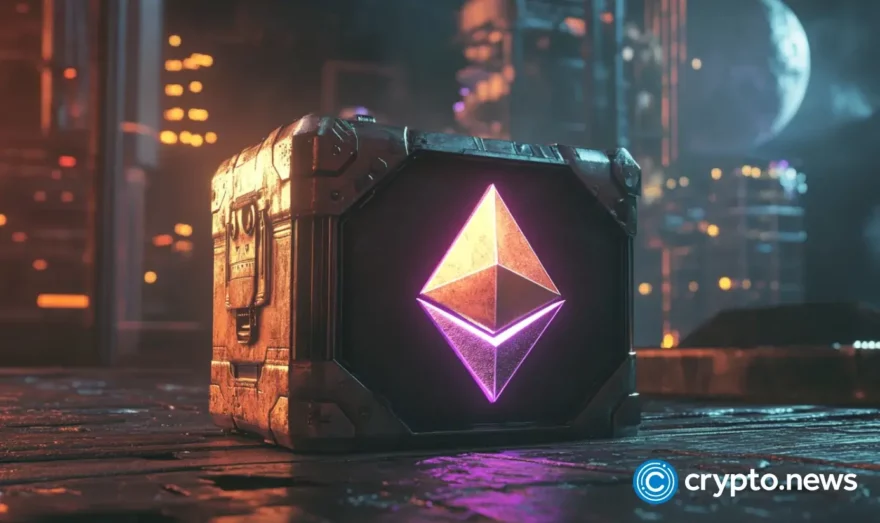Major Ethereum Scaling Solution Casper to Enter Testnet Soon

Lane Rettig, an Ethereum researcher, and founder at CryptoNYC, New York’s first blockchain-focused coworking space and app studio, has revealed that the Casper FFG testnet will launch soon, and moves closer to being implemented onto the Ethereum blockchain network.
Scaling the Ethereum Network
Casper FFG is a solution introduced and developed by Ethereum co-founder Vitalik Buterin; it utilizes a hybrid Proof-of-Work (PoW) and Proof-of-Stake (PoS) consensus protocol to minimize mining and further scale the Ethereum network at an exponential rate.
https://twitter.com/lrettig/status/935314113416196096
In a research paper, Christian Reitwiessner, the team lead for Ethereum’s Solidity and C++ implementations, explained that reaching scalability at a large capacity on the Ethereum network is only possible when users are not required to verify every single data point settled by the system. Reitwiessner explained:
“Scalability does not come from the fact that blockchains are relieved from their load by creating a big number of smaller chains and moving the transactions there. Scalability is only achieved once a user does not have to verify every single transaction that is sent to the system.”
The first step taken by the open-source community of Ethereum towards achieving high capacity scalability on the Ethereum network is to decrease transaction capacity for Ether payments. Following this decrease, developers will then implement Zcash’s sk-SNARKs implementation in its latest Byzantium hard fork.
Zk-SNARKs is especially useful in decreasing the transaction size and the workload of users on the Ethereum network as it hides information from the public blockchain network.
Thus, in addition to scalability, zk-SNARKs provide anonymity and privacy, by hiding sensitive information such as the value of a transaction and its recipient.
The whitepaper of Ethereum-based second-layer solution Plasma co-written by Joseph Poon and Buterin read:
“Note that ZK-SNARKs does do not solve the issue around data availability, just reduces the amount of data requirements and computation. This is especially useful as a replacement or complement for any assert/challenge time-based mechanisms.”
Long Road to Innovation
The roadmap of the Ethereum Foundation and the open-source development community of Ethereum in regards to scaling is multi-faceted. The integral features will introduce innovative solutions like zk-SNARKs, Plasma, and transaction optimization, and ultimately integrate a hybrid PoW-PoS consensus protocol to reduce energy consumption and workload of miners within the Ethereum ecosystem.
The official paper of Casper explained:
“In PoS-based public blockchains (e.g., Ethereum’s upcoming Casper implementation), a set of validators take turns proposing and voting on the next block, and the weight of each validator’s vote depends on the size of its deposit (i.e., stake). Significant advantages of PoS include security, reduced risk of centralization, and energy efficiency.”














